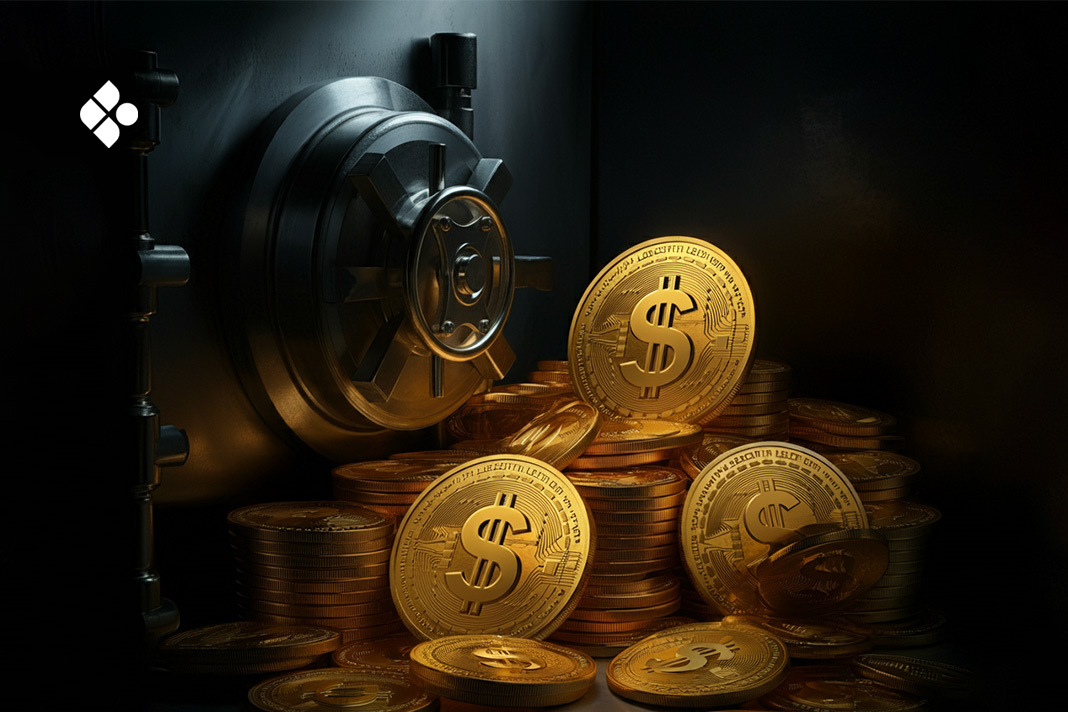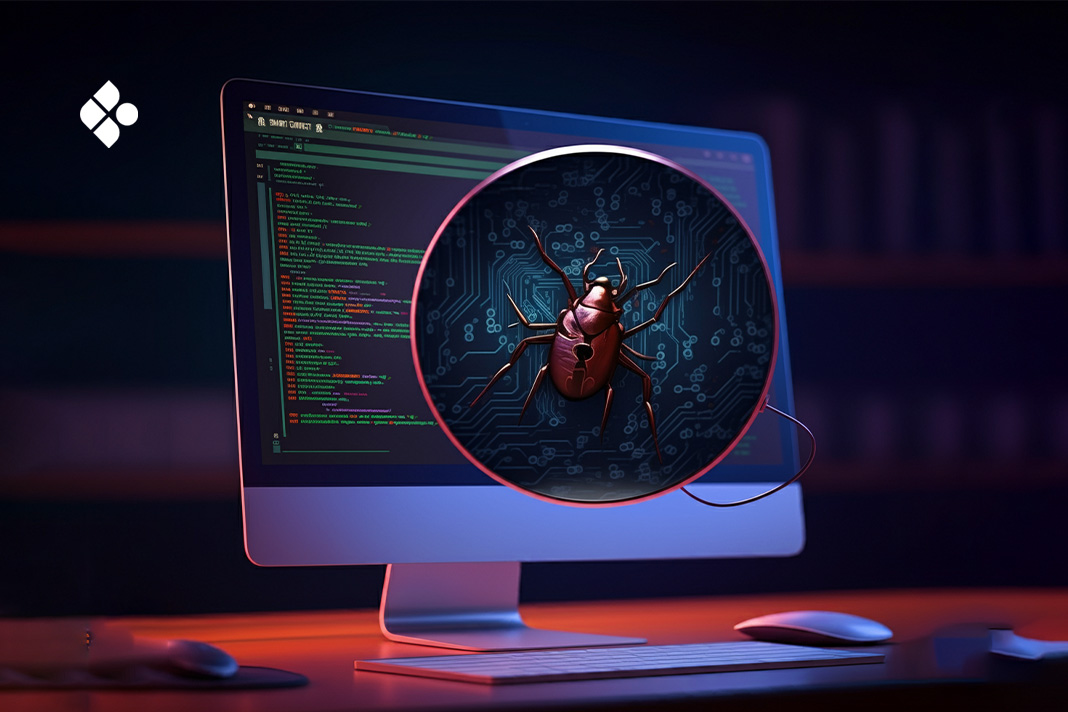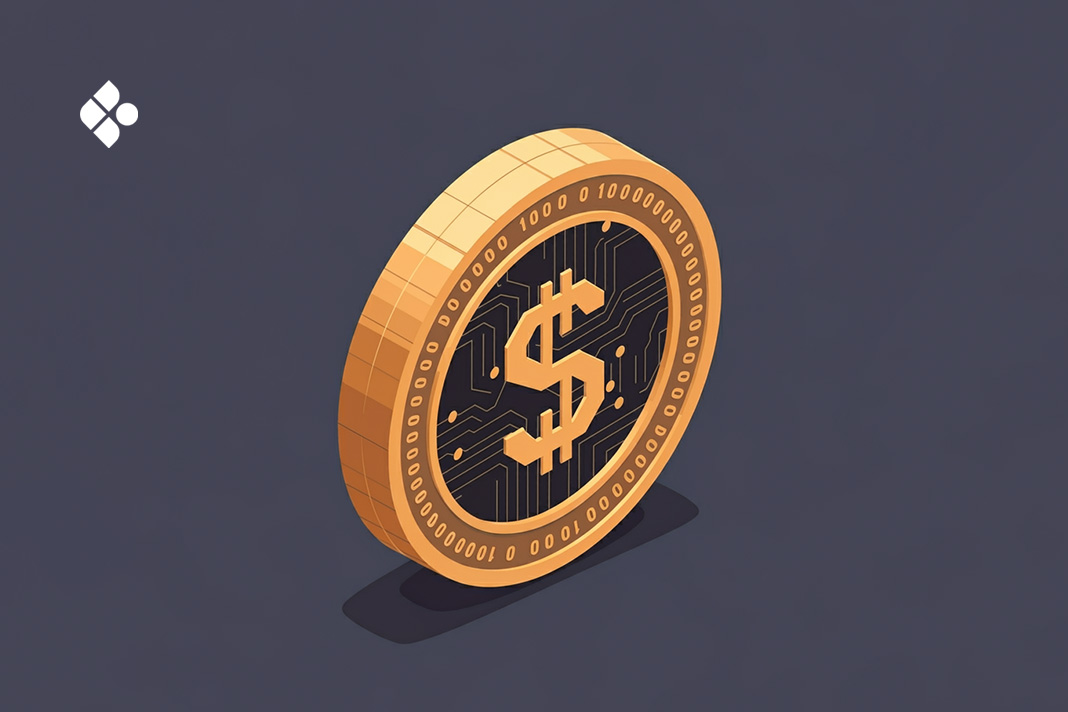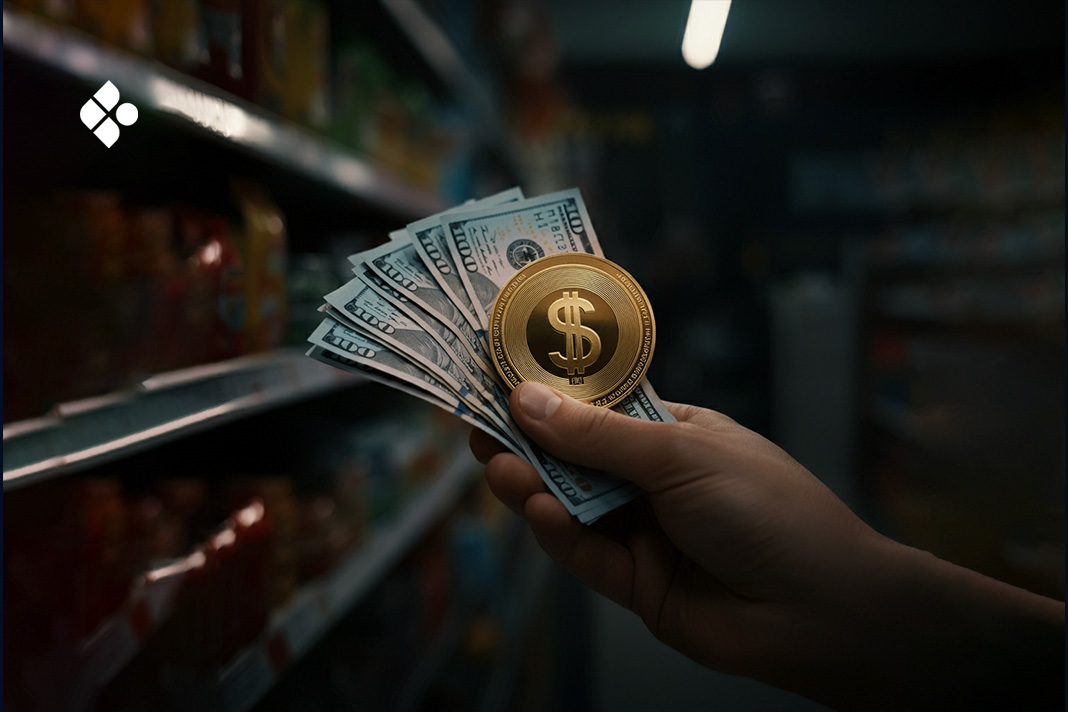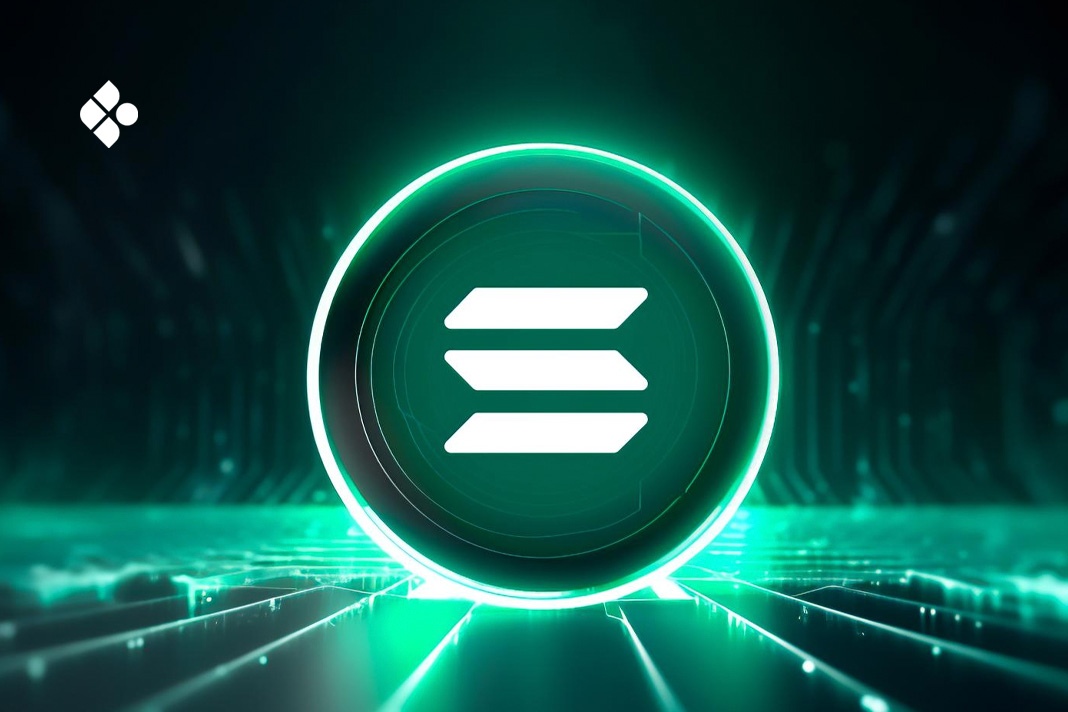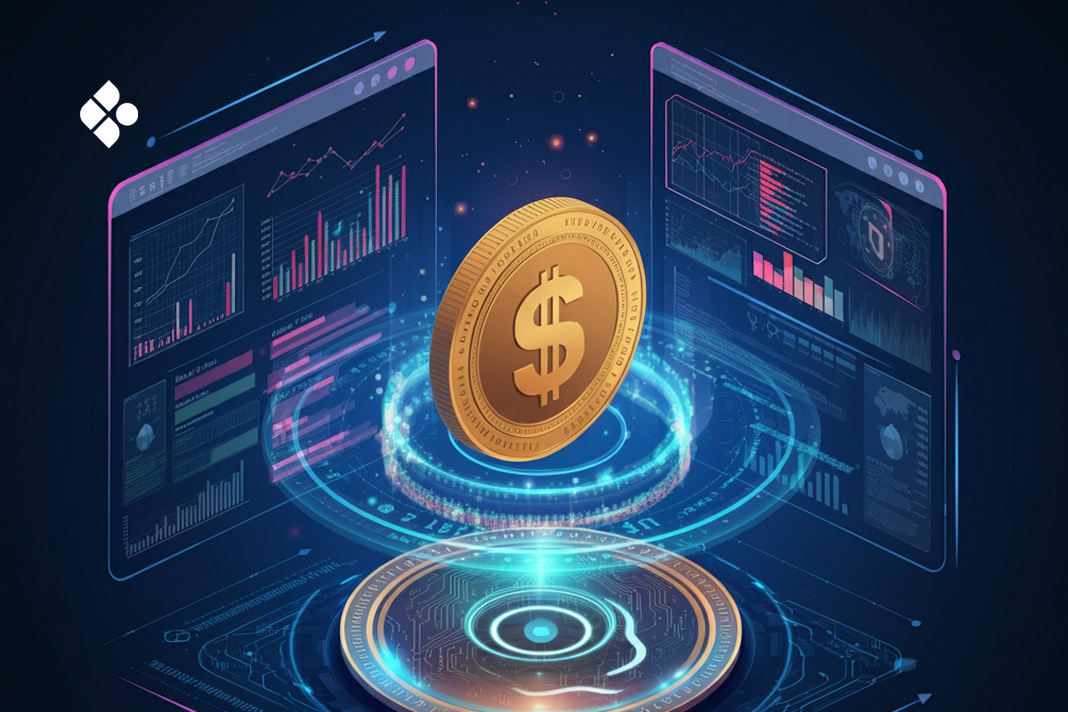Are you a Nigerian looking to get into crypto and start earning from it? You’re in the right place. For Nigerians looking to maximize their crypto investments, Solana DeFi offers some of the fastest and cheapest ways to earn passive income in crypto. It is a goldmine. Moreover, getting started is much easier than it seems. This article is your complete guide to getting started.
Let’s dive in!
Understanding Solana and DeFi
If you are a newbie to the crypto world, the word “Solana DeFi” might be quite confusing. However, I’ll break this down. What is DeFi and what does it entail?
DeFi, short for Decentralized Finance, is like your everyday financial system. The difference, however, is that it doesn’t involve banks or any middlemen. Instead, it uses blockchain technology to let people send, save, borrow, or invest money directly.
For years, The Ethereum Blockchain led the DeFi space with platforms like AAVE and Compound, which offer lending and borrowing services. But recently, that has changed. There are now multiple blockchains, one of which is the well-known Solana. The platform has minimal fees, processes transactions quickly, and responds almost instantly.
On the Solana Chain, DeFi platforms allow users to earn, trade, and invest efficiently. Just like how you’d use a POS agent for quick cash transactions, DeFi lets you manage your crypto without delays or high charges.
For Nigerians, this means easier access to global financial opportunities, all from your phone or laptop.
See also: How To Earn Money With DeFi in Nigeria
How To Get Started On The Solana Blockchain
As DeFi is becoming mainstream to Nigerians, it is important to protect your digital assets. It starts with having a wallet! Phantom, amongst others like Solflare, offers a user-friendly way to store and manage your crypto, but without proper security measures, your funds could be at risk.
Here are a few important tips to safeguarding your Phantom Wallet:
- Use a hardware wallet like Ledger for large amounts
- Enable biometric authentication for extra security
- Never share your seed phrase (this is a series of 12 to 24 random words that acts as the backup key to your crypto wallet. It allows you to recover your wallet and funds if you lose access to your device) online or store it digitally
- Consider using a VPN when accessing DeFi platforms to protect your data
Top Solana DeFi Applications (dApps)
Solana’s high-speed, low-fee blockchain powers a thriving DeFi ecosystem. Here are key dApps across different categories:
- Lending/Liquidity: These platforms let users lend or stake crypto to earn interest or provide liquidity for trading.
Top platforms include MarginFi, Meteora, Orca, and Karmino.
- DEX: A Decentralized Exchange (DEX) is platform for trading cryptocurrencies directly without a middleman. You can trade your dollar (USDT) for a coin. Cube and Backpack offer secure decentralized trading.
- NFT Marketplace: This is a marketplace where users can buy, sell, and trade digital collectibles (NFTs).Tensor and Magic Eden lead in Solana NFT trading.
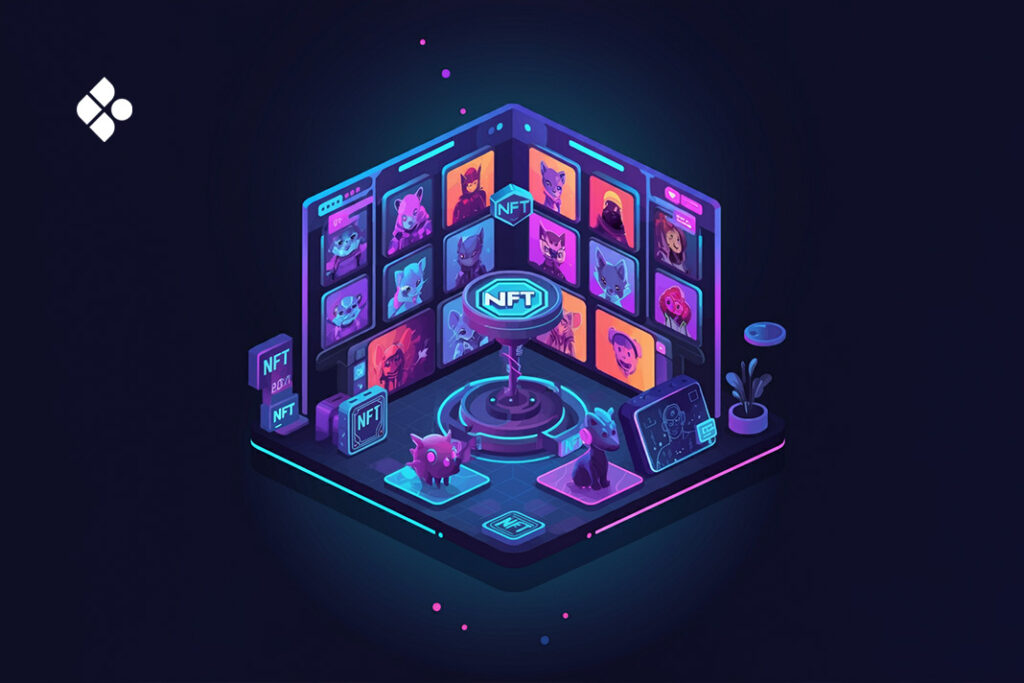
NFTs on Solana
These dApps make it easier to navigate Solana’s DeFi landscape efficiently.
How To Earn Money While Exploring DeFi on The Solana Network
Solana DeFi offers incredible opportunities to earn more as a Nigerian investor. Here are some popular ways many users earn with Solana DeFi:
DeFi Lending: Lending is one of the many ways people earn on Solana DeFi. You can use dApps like Solend and Port Finance to lend to others on the blockchain and get interest rates in return.
DeFi Staking: You can stake Solana on a smart contract and earn dividends in return. You become a validator and earn other incentives from staking.
Yield Farming: Another well-known way to make passive income with Solana Defi is yield farming. You lock your token in a liquidity pool via a dApp. Your funds are then used for borrowing and swapping, and the dApp pays interest and fees.
Provide Liquidity: Finally, you can opt to provide liquidity. This is usually on decentralised exchanges. Your funds are used for all sorts of financial transactions. The more transactions the liquidity pool experiences, the more your income.
Best Solana DeFi Platforms for Nigerian Users
For Nigerians looking to maximize the benefits of Solana’s fast and low-cost blockchain, here are some of the best DeFi platforms to explore:
Raydium: A decentralized exchange (DEX) on Solana where users can trade tokens quickly, provide liquidity to earn rewards, and participate in yield farming.
Marinade Finance: A platform that allows users to stake SOL (Solana’s token) and still access their funds using mSOL, a liquid version of SOL that can be traded or used elsewhere.
Orca: A beginner-friendly DEX with low fees and a simple interface, making it easy for users to swap tokens instantly.
Drift Protocol: A platform for advanced traders who want to trade with leverage, meaning they can borrow funds to increase their potential profits.
Jupiter Aggregator: A tool that scans different Solana DEXs to help users find the best exchange rates when swapping tokens.
Comparison table of different Solana DeFi platforms
| Platform | Minimum Investment | Available Products | Nigerian User Rating |
| Raydium | 0.1 SOL | AMM, yield farming | 4.5/5 |
| Marinade | 0. 01 SOL | Liquid Staking | 4.3/5 |
| Orca | 0.1 SOL | DEX, liquidity pools | 4.4/5 |
| Jupiter | No minimum | Aggregator, token swaps | 4.6/5 |
| Margin Fi | 0.05 SOL | Lending, borrowing | 4.2/5 |
| Magic Eden | No minimum | NFT marketplace | 4.7/5 |
Case Study
How Lagos-based trader John made his first $1,000 in Solana DeFi:
John, a crypto enthusiast from Lagos, started with 10 SOL, worth $2,000. He decided to grow his portfolio using different strategies on Solana’s ecosystem.
- Providing Liquidity on Raydium: John put some of his SOL into a liquidity pool, where he earned a share of trading fees whenever people swapped tokens. This gave him a steady passive income.
- Trading on DEXs: He also used platforms like Orca and Jupiter to trade tokens, taking advantage of price differences and earning rewards.
- Staking on Marinade Finance: John staked part of his SOL, locking it up to help secure the network while earning staking rewards in return.
By combining these strategies, John steadily increased his holdings. In three months, he crossed the $1,000 mark, crediting his success to Solana’s low fees and user-friendly platforms.
So, whether you’re lending, swapping, or staking, these platforms offer Nigerians an accessible gateway to DeFi opportunities. Don’t forget to conduct thorough research and use proper security measures before engaging with any DeFi platform.
Common Issues Nigerian Users Face in Solana DeFi
While Solana offers a smooth DeFi experience, Nigerian users may encounter these common challenges:
- Network Connectivity Problems: Unstable internet can lead to delayed transactions or failed wallet connections. Using a reliable Internet Service Provider (ISP) can help.
- Transaction Failures: High network congestion or insufficient SOL for gas fees can cause transactions to fail. Always keep a small amount of SOL for fees.
- Wallet Connection Issues: Sometimes, Phantom or other wallets may not connect properly to dApps. Clearing your browser cache or reconnecting the wallet usually resolves this.
Staying prepared and informed helps ensure a smoother DeFi experience.
Legal Considerations for Nigerian DeFi Users
There are unique legal considerations that come with navigating DeFi in Nigeria. Here’s what you should know:
CBN Stance on Crypto: The Central Bank of Nigeria (CBN) currently restricts banks from facilitating crypto transactions. However, it is legal to own and trade crypto.
P2P Exchanges: To buy or sell crypto, Nigerians commonly use peer-to-peer (P2P) platforms as on/off ramps. Ensure you trade only on reputable platforms to avoid scams.
Staying informed about local regulations ensures you can participate in DeFi safely and responsibly.
Frequently Asked Questions (FAQs) About Starting Solana DeFi
How many Solana DeFi dApps are there?
Solana is a relatively new blockchain, and many developers have only started exploring the platform. Regardless, over 57 active DeFi dApps are available on the Solana blockchain.
How do I turn Solana to Naira?
If you want to convert your SOL to naira, there is only one correct answer—Breet. The over-the-counter platform leverages the latest technology to ensure secure and seamless transactions. Sell your Solana tokens today on Breet for competitive rates and peace of mind.
How can a beginner invest in DeFi?
DeFi is vast, with countless opportunities. There are many ways to earn with DeFi. You can lend, trade, stake, borrow, or participate in yield farming. Getting started involves accessing the dApps for your chosen investment. Then, do your research on the risks and potential rewards.
Can I make money on Solana DeFi?
Yes, you can. Solana DeFi offers several opportunities to make money passively through lending, staking, yield farming, and more.
What is the difference between Solana and Ethereum DeFi?
Solana and Ethereum DeFi are similar in their base functionality. However, the blockchain is different. Solana features high throughput, low latency, and minimal fees, making it faster and cheaper. Note that Ethereum is the first ever blockchain to facilitate DeFi, therefore, it has more dApps.
Conclusion
Solana DeFi holds a lot of potential. You can tap into massive profits once you know the reins. This article covers everything you need to know, from what Solana DeFi is to how you can earn from it. Once you know the rhythm, it is easy to dance to the tunes. And remember, choose Breet when you want to convert Solana to cash. Stay safe and trade responsibly.
Conclusion
Solana DeFi holds a lot of potential. You can tap into massive profits once you know the reins. This article covers everything you need to know, from what Solana DeFi is to how you can earn from it. Once you know the rhythm, it is easy to dance to the tunes. And remember, choose Breet when you want to convert Solana to cash. Stay safe and trade responsibly.

